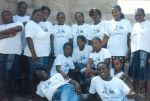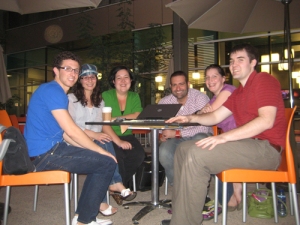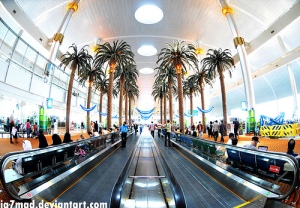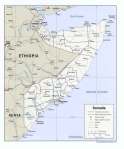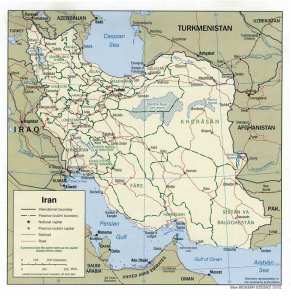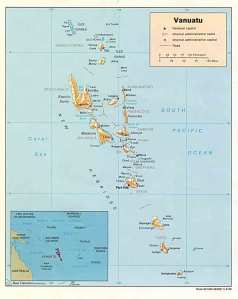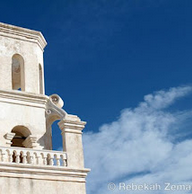
First things first, credit for these photos go to my friends Gabrielle Vincent and Preeti Singh (except for the fruit which is courtesy of Wikipedia.org).
 This summer I found out that a friend of mine has started working with a Haitian development organization called Sonje Ayiti. Sonje Ayiti (based out of Limonade) is unique because it’s a grassroots group of Haitians living both in Haiti and the US, as opposed to a larger, international organization like the Red Cross or Doctors Without Borders – all great groups, with different goals and methods but a similar overall purpose of improving the lives of people wherever they work.
This summer I found out that a friend of mine has started working with a Haitian development organization called Sonje Ayiti. Sonje Ayiti (based out of Limonade) is unique because it’s a grassroots group of Haitians living both in Haiti and the US, as opposed to a larger, international organization like the Red Cross or Doctors Without Borders – all great groups, with different goals and methods but a similar overall purpose of improving the lives of people wherever they work.
 In Sonje Ayiti’s case, they’ve been operating long enough that their goals are starting to get bigger, and they’re going through one of those painful but rewarding growth stages where they have to figure out what they want to do and how to do it. They have projects ranging from livestock distribution to sewing training. Their goals are to connect grant funding with local contacts to kick start local businesses, get kids into schools, and most importantly, empower Haitians with some of the same opportunities the rest of us enjoy to take control of our finances and our lives.
In Sonje Ayiti’s case, they’ve been operating long enough that their goals are starting to get bigger, and they’re going through one of those painful but rewarding growth stages where they have to figure out what they want to do and how to do it. They have projects ranging from livestock distribution to sewing training. Their goals are to connect grant funding with local contacts to kick start local businesses, get kids into schools, and most importantly, empower Haitians with some of the same opportunities the rest of us enjoy to take control of our finances and our lives.
One of the big obstacles – a dramatic lack of infrastructure and a culture of corruption that’s deeply embedded in the country’s politics (see this example of BBC’s coverage).
On the other hand, it’s a land rich in agricultural resources – mangoes, avocados, peanuts, cocoa beans – and more importantly, strong people. The more I learned, the more I look forward to visiting some day.
Like everyone else, when I heard about the earthquake, I was overwhelmed. I hoped that the people I know – or at least, the people that people I know know – are safe, yet as I hear about the casualties, I know that not everyone will be ok. The toll includes international aid workers – the very people needed by international organizations to coordinate relief efforts – as well as Haitians. Gradually, I started to get news – Sonje Ayiti’s main point person in Port au Prince, Gabie, was safe and starting to locate family members. A partial sigh of relief.
But I knew that as bad as the initial situation was, it would get even worse, and quickly. All those obstacles to development projects? Twice as difficult now, when emergency services are so important. There’s a great post here, at the blog Wanderlust, about the obstacles medical and aid workers will be facing as they try to help. Some sources like the author of this Economist article are even asking if this is “the end.”
And then I was shocked and disappointed as a bizarre backlash started – certain networks and commentators labeling a whole population with negative terms or characteristics. Simultaneously, this is deeply offensive and untrue and exposes deep ignorance of people who don’t travel physically or, more importantly, mentally. It’s harmful and inexcusable.
I’m not linking to it because it’s not productive (and all too easy to find). Instead, at about 4:08 minutes in, here’s Jon Stewart’s awesome response.
What Haiti needs now is what any country or people need in an emergency – water, food, shelter, medical aid. As I mentioned earlier, Doctors Without Borders and Red Cross are stellar organizations.
 In the long term, Haiti needs infrastructure, which may not be possible without addressing the systematic corruption that’s damaged efforts again and again. That’s where groups like Sonje Ayiti may come into play. And perhaps most importantly – we all need to learn more about what’s going on and how we can work together. Academic coverage, news coverage, personal connections, and blogs are all a good start.
In the long term, Haiti needs infrastructure, which may not be possible without addressing the systematic corruption that’s damaged efforts again and again. That’s where groups like Sonje Ayiti may come into play. And perhaps most importantly – we all need to learn more about what’s going on and how we can work together. Academic coverage, news coverage, personal connections, and blogs are all a good start.
Here’s a list of links that I’ve found useful:
Crises Map
Relief Web
Dispatches From a Fragile Island – a really fascinating blog
Partners in Health section on Haiti – according to the person who sent me this link, “They are actually doing one of the best jobs right now because their own rural centers were not as affected and their organization is based there and up and running.”
New York Times interactive coverage
The University of Texas at Austin’s Perry-Castañeda Library Map Collection currently has maps of Haiti, Haitian cities, the earthquake, the response, and other national features on their main page
Please post your thoughts about Haiti, and if you have other good sources, share, or you’ve ever been, tell me what your trip was like

Like this:
Like Loading...







